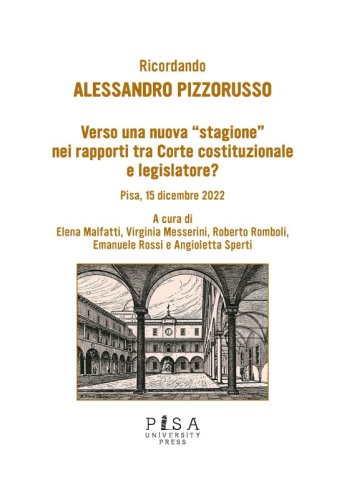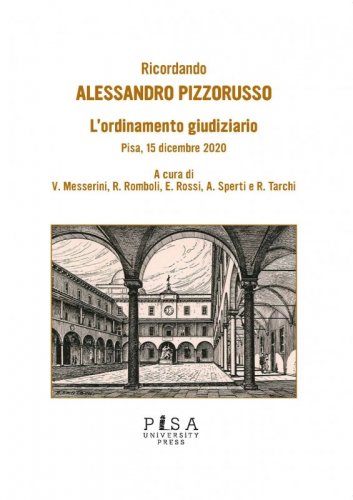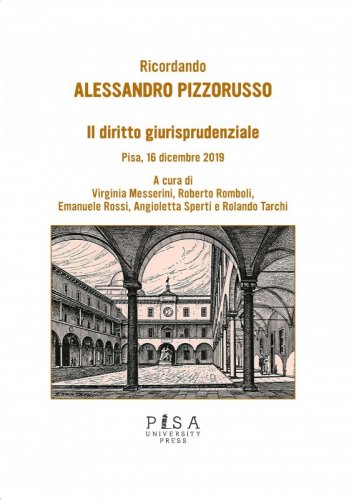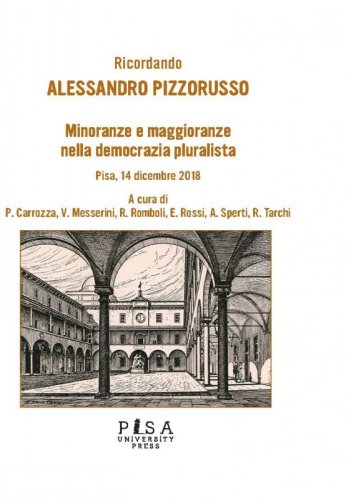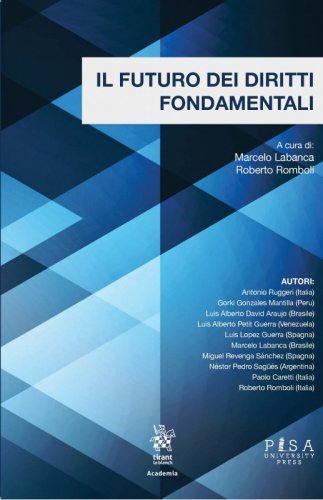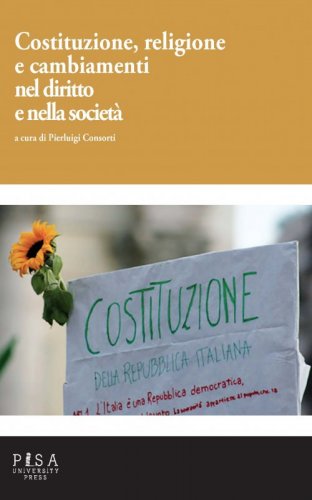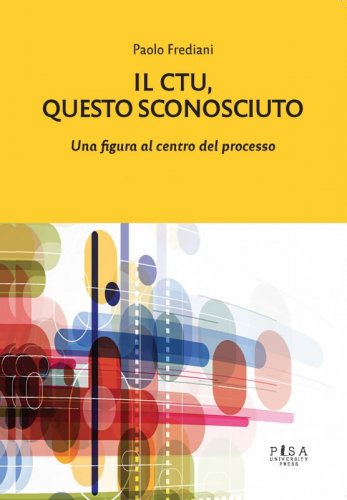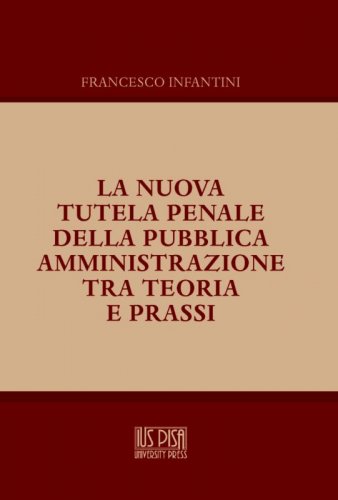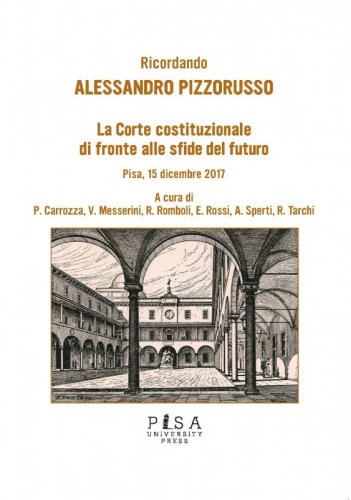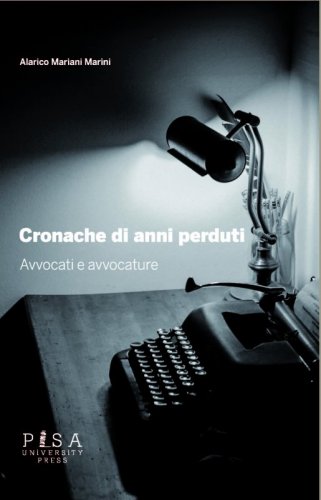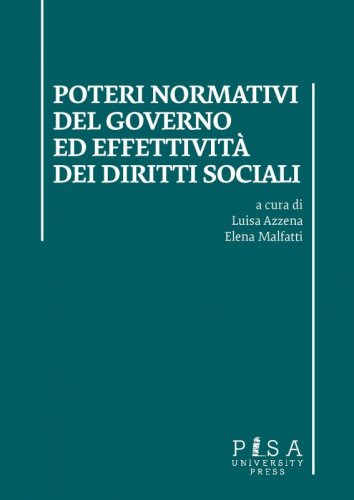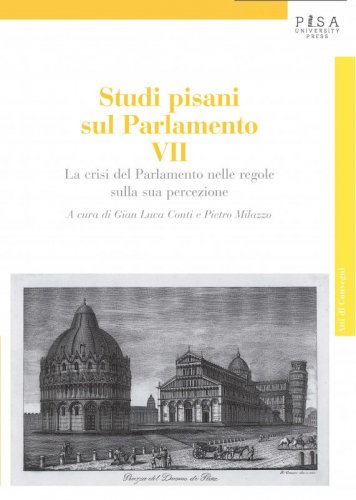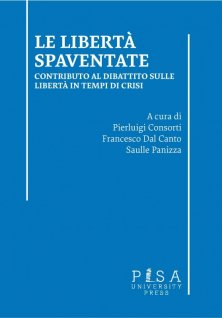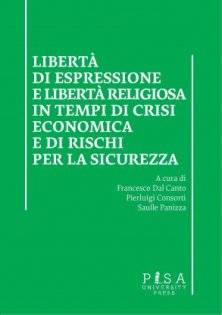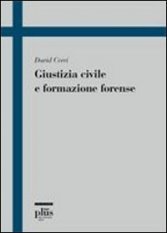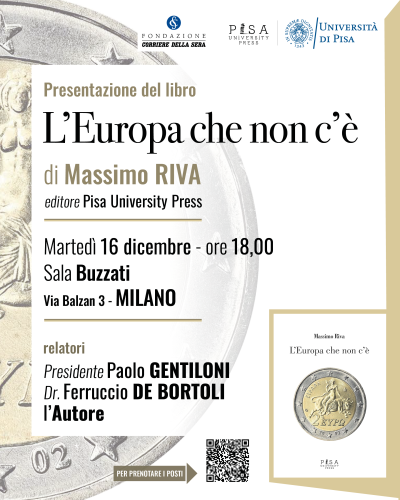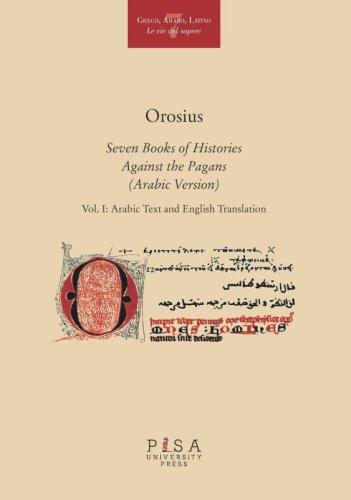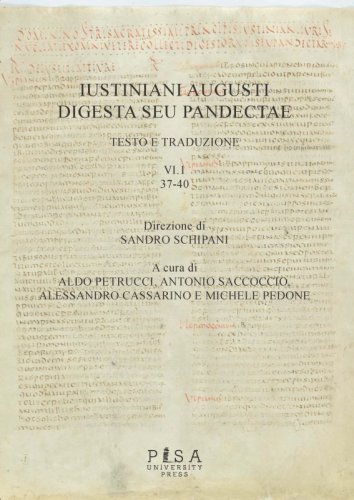The report presents the main findings of a research project on criminalization of irregular immigration. The core purpose is not just to analyze existing legislation – a limestone pavement furrowed by many grikes drawn by frequent changes and by decisions of the Constitutional Court – but to focus on everyday practice of Italian enforcement authorities. Our aim was to evaluate whether both legislation and practice comply with constitutional, European, and international law requirements. Moreover, in spite of the difficulty in gathering accessible data on the management of the Centers for Identification and Expulsion, this report attempts to evaluate the costs of management of irregular immigration. The system appears, even from a strictly economical point of view, both ineffective and inefficient. Last but not least, we sketch possible advocacy actions on specific issues.
Biografia dell'autore
Alberto Di Martino
Professore associato di Diritto penale nella Scuola Superiore Sant’Anna di Pisa. Ha effettuato soggiorni di studio presso il Max-Plank-Institut für ausländisches und internationales Strafrecht di Freiburg i. Br. e lo Institut für Kriminalwissenschaften della J.W. Goethe-Universität di Frankfurt a.M. Tra le sue pubblicazioni, i volumi: La sequenza infranta. Profili della dissociazione tra reato e pena (1998); La frontiera e il diritto penale. Natura e contesto delle norme di “diritto penale transnazionale” (2006);(con A. Bondi e G. Fornasari) Reati contro la pubblica amministrazione , 2008, seconda ediz.
Informazioni aggiuntive
Con i contributi di:
Francesca Biondi Dal Monte
Ilaria Boiano
Rosa Raffaelli



